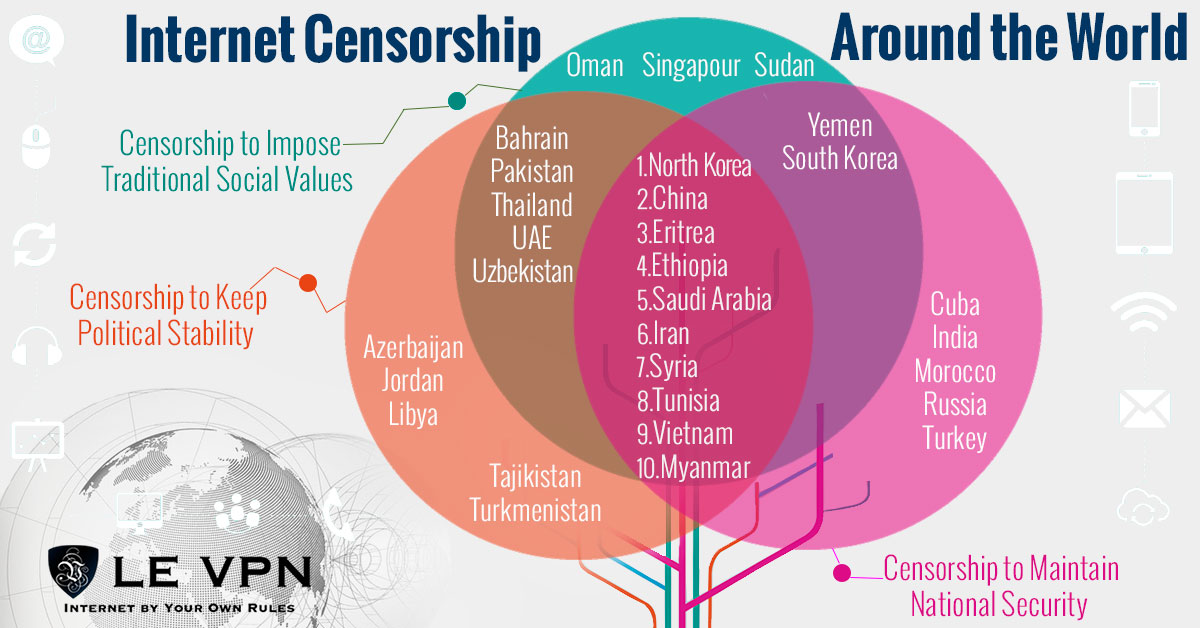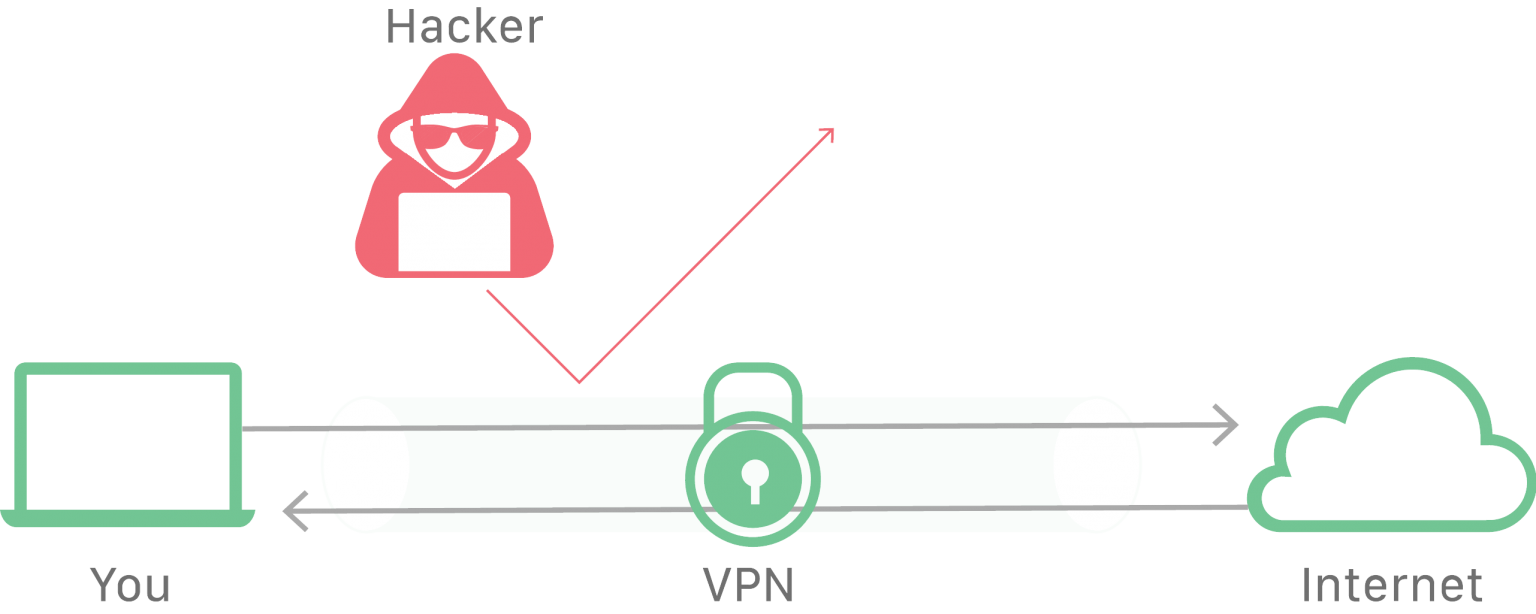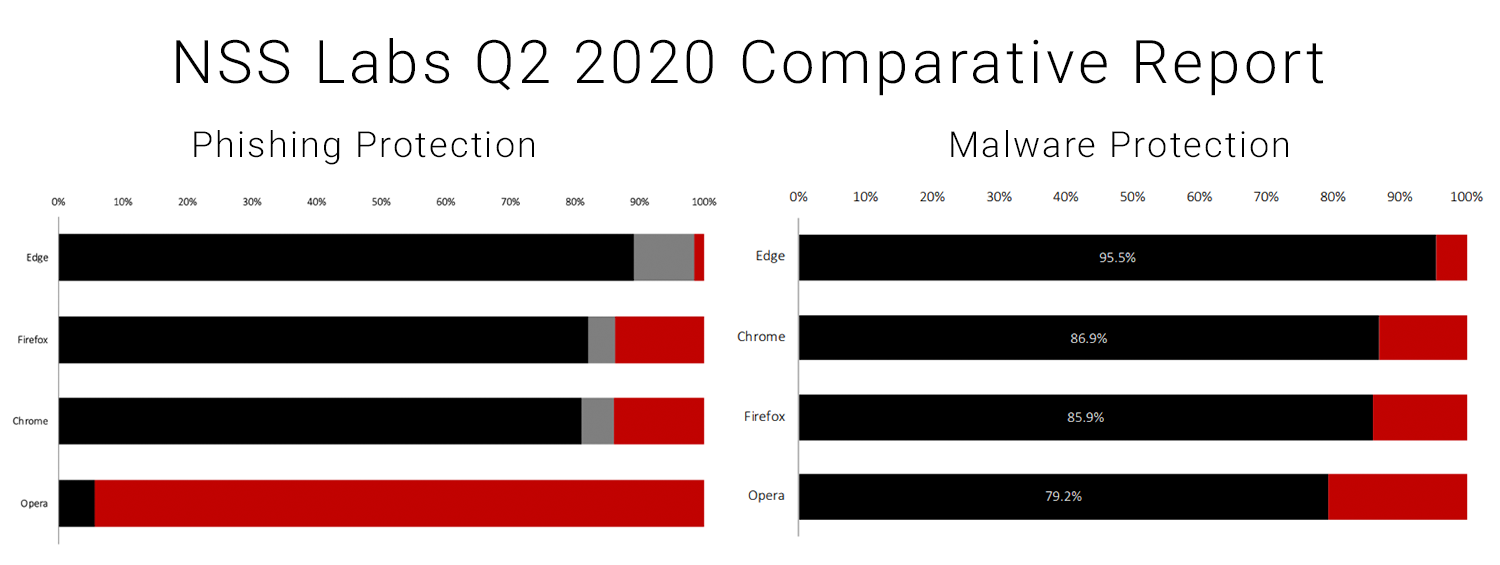VPN Explained
VPNs, or virtual private networks, add extra privacy and security to your network. Unless you’ve used one at your corporate job set up by IT, you likely know VPNs best as personal tools for streaming and gaming. Whether you’ve finally normalized the realities of cybersecurity or just need to connect to the office’s secure network while remote, VPNs are here for us all. So, what does it actually do?
The VPN opens a private tunnel between you and the entire Internet. It adds an extra outer packet to all of your data packets going in and out for good measure. Think of it like a transwarp conduit for the Internet. With all your Internet traffic inside that tunnel and a decoy IP address in play, no one can snoop on your activity. Not hackers, your ISP, or the government. Here are some key features of a quality VPN:
VPNs Hide Your IP Address
VPNs hide your real IP address and give you another. This means you can mask your location and access sites that are otherwise blocked in your region. While this they are primarily used for recreation viewing reasons in the US, VPNs are useful for far more than watching your football team from another city.

VPNs Encrypt Your Data
You have a firewall protecting the data on your machine, right? Well, that doesn’t cover Internet traffic. VPN encryption protects your data while you browse and send info across the Web. If you ever use free WiFi, trust us, you want one.
If you’re subject to constant ISP throttling, you’re not alone. VPNs are a fantastic way to bypass throttling. They can’t slow down your streaming if they can’t inspect the data packets in transfer. Enjoy your non-laggy video conference! Plus, you skip any traffic congestion issues.
Types of VPNs
Luckily for all of us non-hacker types, setting up a VPN is quite simple! The first step is to choose a VPN service provider. We happily direct you to Tech Radar’s incredibly comprehensive rundown of the best VPNs available right now. If you’re worried about breaking the bank—don’t. Even the top-rated VPNs cost less per month than your Netflix subscription.
Paid vs Free VPNs
Like any quality service, you get what you pay for. Free VPNs are out there if you’re just looking for some occasional privacy or another country’s Netflix library. Just remember that freemium models are designed to drive you to upgrade. So you can bet that they have weak security, track you online, and even sell your leftover bandwidth. As for the ad situation, it’s better not to ask. Considering the whole point of a VPN is to protect your data, you see the issues with a “free” service offered by a business. They make money somehow, and it’s almost definitely off of your data.

If you’re using a corporate VPN, congrats on the free access. But remember that it’s in place to protect the company, not you. It was built to provide secure remote access to headquarters, not to hide your browser history. It’s quite likely your IT department can see what you’re doing, so exit out of that shopping cart and get back to work.
The last way to get a free VPN is to go the tech geek DIY route. You can build your own, but you miss out on the shared IP addresses that keep you hidden, as well as the multinational servers.
Safe Browsers and Other Internet Security Methods
If you don’t want to or can't use a VPN, don’t panic. There are other ways to safely browse the Internet!
Use a Safe Browser
Using a safe browser is your first order of business. Make sure it’s completely up to date, and maybe avoid Opera if your antivirus software is sub-par. NSS released its 2020 browser tests results in July: Edge tops everyone in both phishing and malware protection; Safari and Chrome are neck-and-neck just below; and while Opera’s phishing protection is passable, its malware protection is a dismal 5 percent functional.

If you’re really concerned about browser security, you can even skip the popular options and use extra-secure alternatives, like Tor or Epic.
Only Browse Secure Websites
Make sure that any website you access is secure. Look for that “S” on the end of the “HTTP” in the URL, or the padlock on the far left of the URL bar. As mentioned in our “Dangers of Free WiFi” blog linked above, SSL certificates aren’t foolproof but are a good bet.
Beware of Cyberscams
Know your scams! We went deep on the most common types of cyberattacks and threats in our Cybersecurity 101 blog. Read up to refresh your phishing-recognition skills. Nuts and bolts: Don’t download attachments or click on links from unrecognized senders. If links are short, there’s plenty of ways to see the expanded version before clicking—just Google it! Macs have built-in software security, so if you use a Windows machine, be sure to install reputable antivirus software. And as a general rule, beware of browser extensions.
Use Strong Passwords
And finally, always use strong passwords. We can’t emphasize this enough, so we keep repeating it. Strong passwords are your friend and best suit of armor for online security! Enable two-factor authentication where possible, and log out of secure websites once you’re done.

